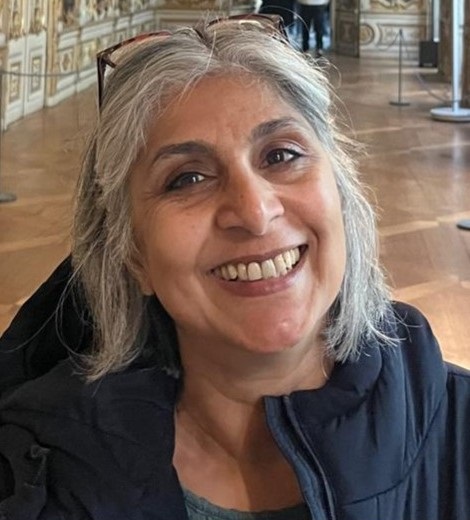Dr Nina Maxwell

Principal Research Fellow, CASCADE, Cardiff University, United Kingdom
Email: maxwelln2@cardiff.ac.uk
Profile
Nina is a Principal Research Fellow at CASCADE: Children’s Social Care Research and Development Centre, Cardiff University. She has been a social care researcher for over twenty years. She has undertaken research in private law, including supporting separating families, parental alienation and shared parenting. Nina’s current research focuses on the pathways between social care and youth justice systems with a particular focus on the criminal exploitation of children. She co-produced the Complex Safeguarding Wales resources with children, parents and professionals (ComplexSafeguardingWales.org / cardiff.ac.uk/complex-safeguarding-wales).
Research
Publications
Maxwell, N. (2024). “Shove that. There’s always hope”: Young people’s lived experience of child criminal exploitation. Journal of Youth Studies doi.org/10.1080/13676261.2024.2397025
Maxwell, N. (2024) Child Criminal Exploitation. HM Inspectorate of Probation Academic Insights 2024/04. https://www.justiceinspectorates.gov.uk/hmiprobation/wp-content/uploads/sites/5/2024/07/Academic-Insights-Child-Criminal-Exploitation-FINAL.pdf
Maxwell, N. and Corliss, C. (2024). I’m not gonna lie; some people don’t even want to talk: Co-design with vulnerable groups affected by child criminal exploitation. Children and Society, https://doi.org/10.1111/chso.12833
Maxwell, N. (2023). I’m trying to save my family: Parent experiences of child criminal exploitation. Youth Justice, 23(2), 243-258. https://journals.sagepub.com/doi/10.1177/14732254221122559
Doughty, J., Maxwell, N. and Slater, T. (2020). Professional responses to 'parental alienation': Research-informed practice. Journal of Social Welfare and Family Law, 42(1), 68-79.